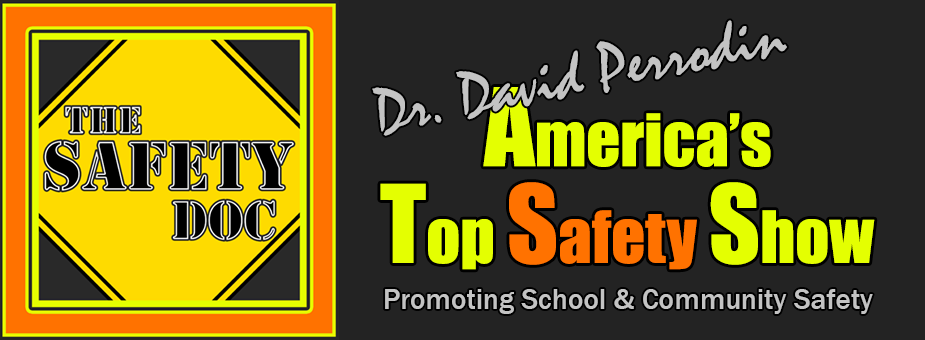Moral Distress versus Psychological Distress – Understanding & Healing Compounded Pain
Psychological distress vs. moral distress In my role as a county critical incident debriefer, I encounter emergency responders processing psychological distress. This is a normal response to an unintentional traumatic event such as a person killed in an accident. Yet, a second form of distress infiltrates the minds of responders who have been subjected to a…
Read MoreProtecting Soft Targets – My Thoughts about the 2005 Study of Chula Vista High School (San Diego)
“Establishing a containment perimeter while a SWAT team is assembled to conduct a slow methodical building to building search is an obsolete procedure.” Crockett, et. al., 2005. On December 7, 2005, researchers conducted a safety analysis of a high school in San Diego. The study team, which included a Microsoft employee, offered many practical sense crisis…
Read MoreSully: My Search for What Really Matters (Why School Leaders Must Exercise the Career-Defining Dissenting Opinion)
“You can not plan for every contingency, nor should you try.” (David Perrodin, 2016) People don’t plan to fail, but fail to plan. Yes, maybe, but that’s not a steadfast omni-situational saying. It’s actually a ridiculous statement. Today some leaders are terrified to make decisions that they judge to be accurate per “gut feeling ” and “wrong” per…
Read MoreHarrisburg Shooting Reflection Delivers Conflicting Messages
By Erin Mairose • Aug 5, 2016 at http://listen.sdpb.org/post/school-administrators-reflect-harrisburg-shooting#stream/0 (this article refers to an incident that occurred in 2015) “After a student shot Principal Kevin Lein in his office, Assistant Principal Ryan Rollinger tackled the student while waiting for law enforcement. Rollinger says school administrators are the people who teach school drills. But it’s important for administrators…
Read MoreWhy “Boatlift” Exposes Drastic Flaws in Traditional School Safety Planning
500,000 people were rescued from Lower Manhattan on 9/11. Did you know that? I didn’t – not until well down the path of my doctoral research. It was an incredible in-the-moment coordination of countless variables by largely “untrained” sailors that had not previously worked together. The context was precarious as another plane could be inbound…
Read MoreOrlando Massacre Might Fuel Decision Inertia
Decision Inertia, in short, is the tendency to continue to expand choices until the number of options is overwhelming and leads to indecision or poor decisions. Knowing what has been posted by the media about the Orlando massacre, people fleeing the club was a life-preserving measure, the “gut feeling” or as author Brian Peters would…
Read MoreSentinel Events – The Problem With Only Focusing on the Direct Cause
School safety recommendations that have come out following the Sandy Hook Elementary School shooting are revealing a positive trend to look beyond the direct causes for sentinel events. I’ve often felt that an emphasis on direct causes results in excessive fortification of schools and layers of procedures. The journey to the root cause is longer,…
Read MoreProximal (to school) Shootings Appear To Be Increasing. What Does This Mean For Schools? What Does This Mean For The Feds?
It’s widely acknowledged that Federal school violence data is, at best, a very broad, lagging estimate of the field. Safety experts Kenneth Trump and Michael Dorn have exposed the data hodge-podge mess before several congressional hearings (over several years). It’s almost just accepted that the data is, and will be, “bad”. The issues of inter-rater reliability…
Read MoreGiving Students Voice (Conquering the Adolescent Code of Silence)
Giving Students Voice (Conquering the Adolescent Code of Silence) Giving Students Voice – Association for Middle Level Educators – February, 2014 This is an article I wrote about the adolescent Code of Silence. The 2-page bullet-point article examines the three constructs that support the Code of Silence and provides research-supported strategies to encourage youth to conquer the code…
Read MoreFive Free FEMA Training Modules I Recommend for K-12 School Principals
University leadership programs may offer crisis courses based on the Interstate School Leaders Licensure Consortium (ISLLC) standards, but the level of specificity and fidelity to these standards depends on the particular university and instructor. Because of the deviation in presentation of ISLLC standards, some educational leaders may have little to no exposure to crisis management…
Read More